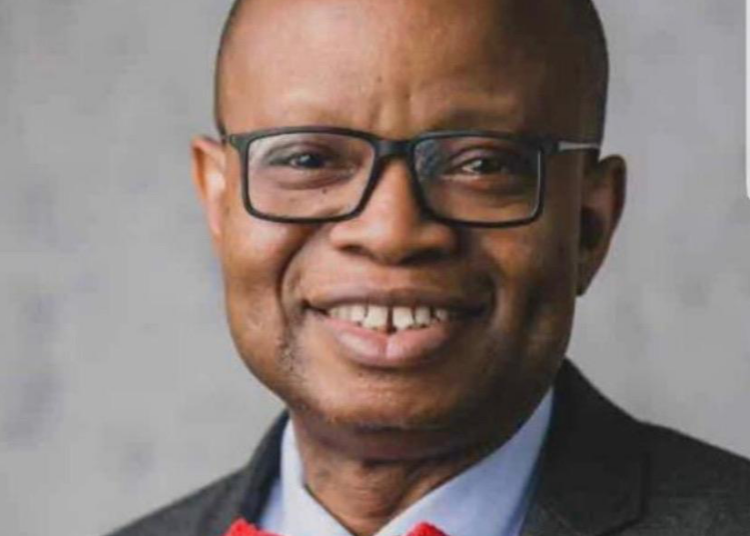As the world marks World Pharmacy Day today, Prof. Lere Baale, President of the Nigeria Academy of Pharmacy and CEO of Business School Netherlands International, has called for pharmacists to be repositioned as frontline providers and policy influencers in the continent’s quest for stronger and more resilient healthcare systems.
The annual celebration, established by the International Pharmaceutical Federation (FIP), highlights pharmacists’ vital contributions to global health. This year’s commemoration for Africa brings renewed calls to recognise the profession as a transformative force in tackling the continent’s health challenges.
Prof. Baale said pharmacists remain the most accessible health professionals for millions of Africans, particularly in rural and underserved communities where hospitals and doctors are scarce. From dispensing life-saving antimalarials to counselling on hypertension and promoting vaccine uptake, community pharmacies often serve as the first and sometimes only point of care.
“The continent is at a crossroads. We grapple with a double burden of disease—infectious diseases like malaria, TB, and HIV, alongside rising epidemics of diabetes, cancers, and cardiovascular conditions. These include fragmented supply chains, counterfeit medicines, inadequate financing, and a workforce stretched to its limits,” he said.
He stressed that the continent must leverage opportunities provided by the African Medicines Agency (AMA) and the African Continental Free Trade Area (AfCFTA) to build strong local pharmaceutical industries, guarantee equitable access to safe and affordable medicines, and position pharmacists as consultants, innovators, and leaders in health policy.
On the way forward, Prof. Baale urged stakeholders to take deliberate action: governments should integrate pharmacists into primary healthcare financing, professional bodies must strengthen advocacy and training, academia should modernise curricula to include digital health and leadership, while industry players are encouraged to partner with pharmacists to safeguard medicine access and supply chains.
He further noted that transforming Africa’s health sector requires collaboration across governments, academia, civil society, and the private sector. “If you want to go fast, go alone; if you want to go far, go together. Africa must go far—and pharmacy must walk with every stakeholder to make it happen,” he said.
World Pharmacy Day, observed every September 25, reinforces the collective power of health professionals in shaping the future of healthcare. Advocates insist that by investing in pharmacists, Africa will invest in medicine and life.
“World Pharmacy Day reminds us that the future of health in Africa will be determined by doctors, nurses, or policymakers and by the collective power of all health professionals—with pharmacists at the heart of that transformation.
“Let us, therefore, embrace pharmacy as a cornerstone of Africa’s health systems. Let us equip, empower, and elevate pharmacists to serve as medicine custodians, safety champions, innovation advocates, and transformation leaders.
“When Africa thinks of health, it must also think of pharmacy. And when Africa invests in pharmacy, Africa invests in life itself,” he added.





